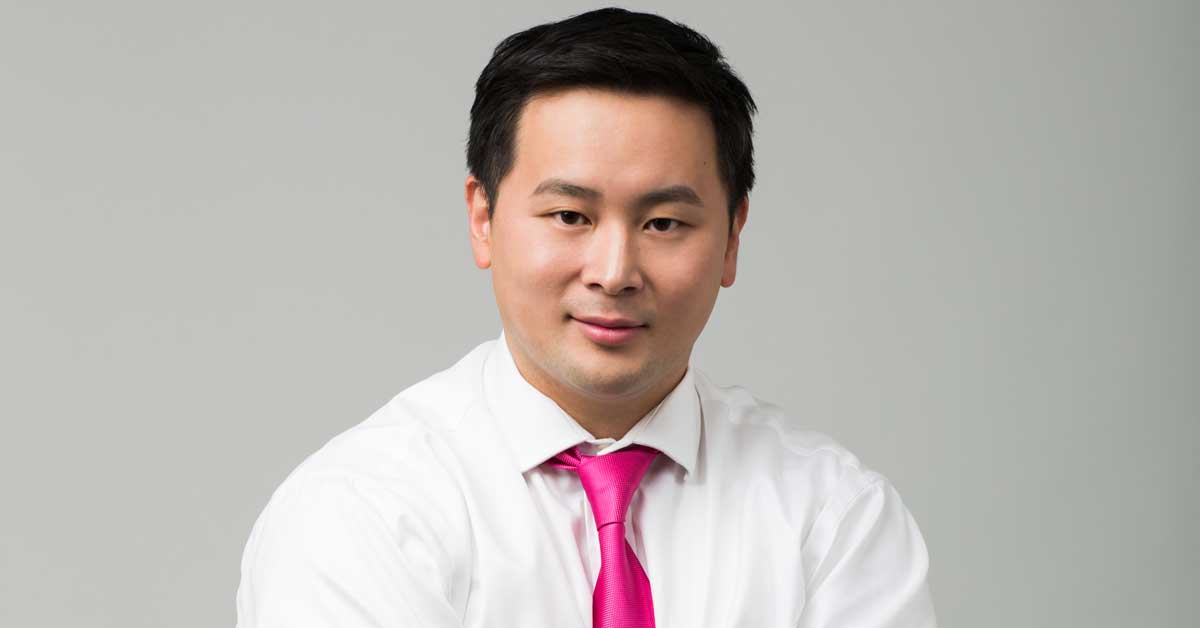New York State Assemblyman Reflects on Immigrant Legacy in New York City
Date: August 25, 2018

When Ron Kim’s family immigrated to the United States from South Korea in 1987, his parents chose to settle in New York City because they knew it had a strong immigrant community. Kim, who was seven years old at the time, explains that this community provided the family with the support and resources they needed to find an apartment in Queens and open a small grocery store in Manhattan. Now a New York State Assemblyman, Kim grew up working in that store. “My parents put everything they had into their small business,” says Kim. “That is the story of all immigrants who have come to this country for the past 40 years.”
My parents put everything they had into their small business. That is the story of all immigrants who have come to this country for the past 40 years.”
New York has always opened its doors to immigrants and refugees, and the city’s commitment to New Americans continues to grow. In New American Economy’s new Cities Index report, which rates the American cities most welcoming to immigrants, New York ranks third overall, and particularly stands out for its Economic Empowerment score.
Small business owners employ more than half of the city’s private workforce, and immigrants are major players in this arena. Between 2007 and 2011, when American business struggled to create new jobs, foreign-born entrepreneurs were responsible for starting 42 percent of new businesses in New York state alone. In Kim’s Queens neighborhood, immigrant residents are now 70 percent more likely to be entrepreneurs than U.S.-born residents. Kim attributes this to a large number of vocation-training and entrepreneurship-support programs targeted to immigrants.
As a state assemblyman, Kim has worked hard to increase these opportunities. He co-sponsored legislation that expands access to state lending programs for small businesses and another bill that would provide city homeowners with tax relief while increasing the number of affordable housing units in the city. In July 2018, he introduced new legislation to create an Office of Financial Resilience, which would create a local currency system designed to keep capital in the neighborhoods they serve. The program is modeled on the peer-to-peer networks typical within immigrant communities, such as the one that got Kim’s parents’ business off the ground.
“We want to support the pre-existing peer-to-peer circles that give new immigrants the local support they need to survive—whether it’s regarding literacy, affordable housing or small loans,” he says. “Oftentimes governments can help them get those things by supporting pre-existing infrastructure. That is how you really support the immigrant.”
